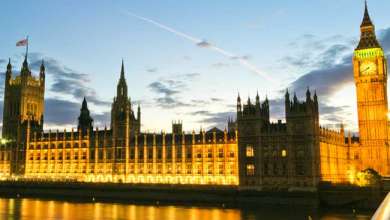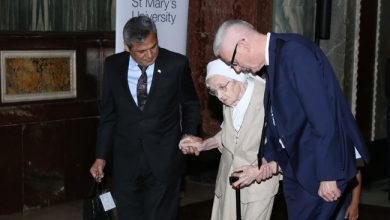Empty property premium to help tackle city housing supply
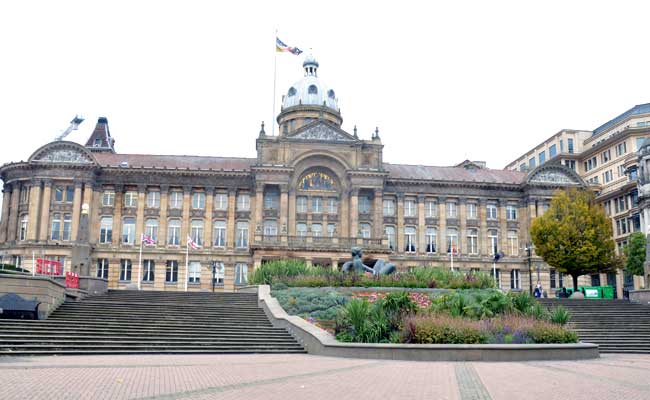
Efforts to tackle the city’s housing shortage are set to be boosted by a proposal due before Birmingham City Council’s Cabinet on January 22.
Following a change in the law in November 2018, the council intends to increase its premium on long-term empty properties, which will require an owner to pay double the regular Council Tax for it – rather than the current 150 per cent.
Approximately 12,000 people are on the city’s housing register, an additional 2,600 households are in temporary accommodation (412 of which are in B&B accommodation) and 57 individuals have been identified as sleeping rough.
It is hoped the proposal going to Cabinet will act as an incentive to the owners of 1,888 properties in Birmingham that have been empty for a minimum of two years* to get them back into much-needed use.
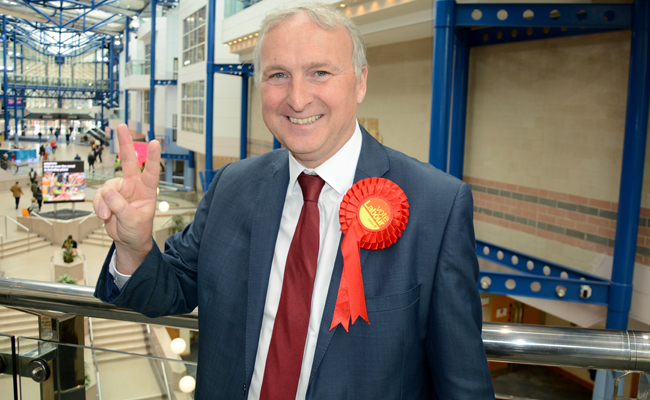
Cllr Ian Ward, Leader of Birmingham City Council, said: “When you consider the size of the homelessness issue that Birmingham faces, it is only right we look at every possible option to get empty homes occupied once again.
“The pressure this places upon us to look at costly alternatives such as bed and breakfast accommodation means those who own vacant properties should do their bit to help.
“This plan will go some way towards doing that.”
It is estimated that if the proposal is approved, the city will receive an extra £1.15m per year in Council Tax revenue.
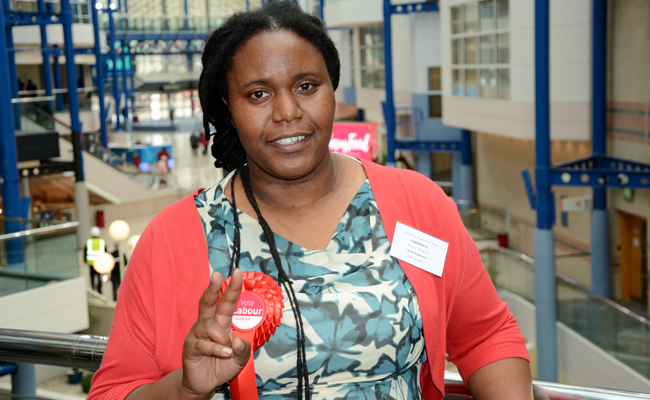
Cllr Sharon Thompson, Cabinet Member for Homes and Neighbourhoods, added: “Since 2009, we have built 3,000 homes as a council and have plans for 2,000 more – but there is still a long way to go if we are to meet our target of 51,100 by 2031.
“We are also looking at other innovations such as converting buildings into use for temporary accommodation and supporting initiatives such as Housing First, but we still need to look at how we get even more homes available for people in the city.
“If this plan saw all affected properties brought back into use, we’d be able to reduce our housing register number by 15 per cent – or if you looked at it another way, cut our temporary accommodation number by approximately 70 per cent.”


